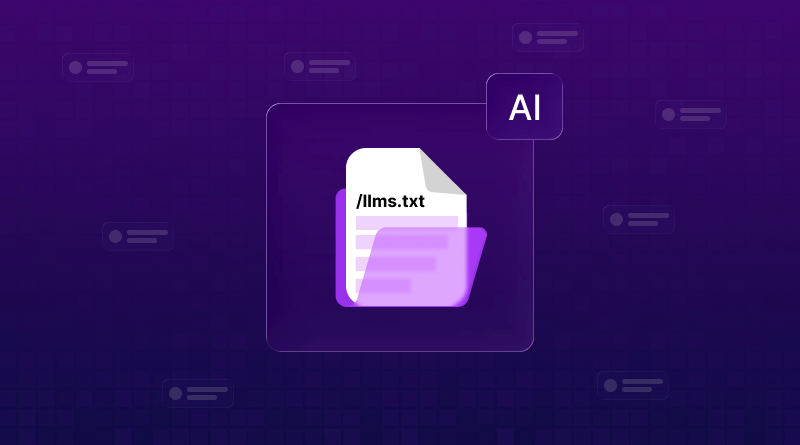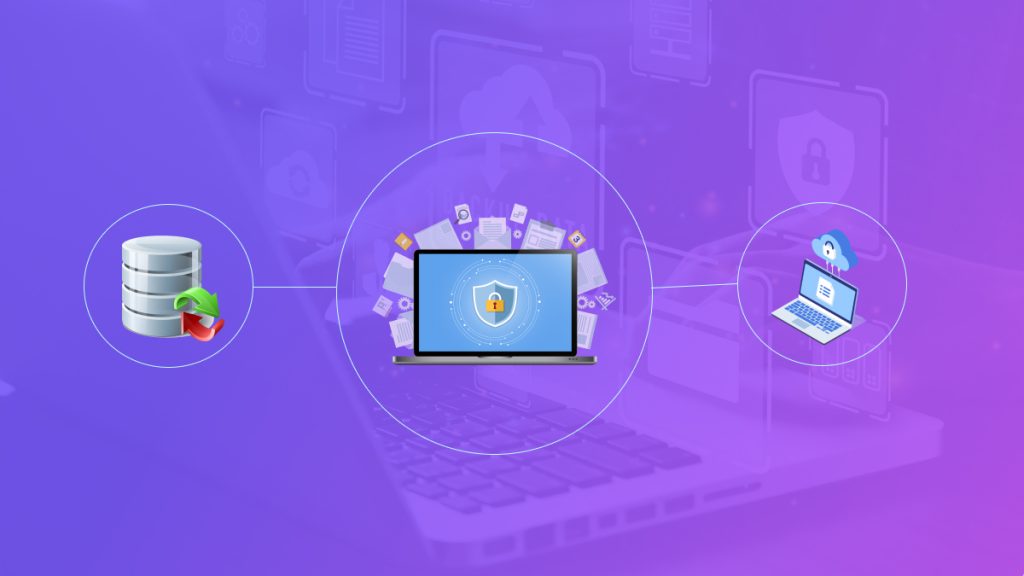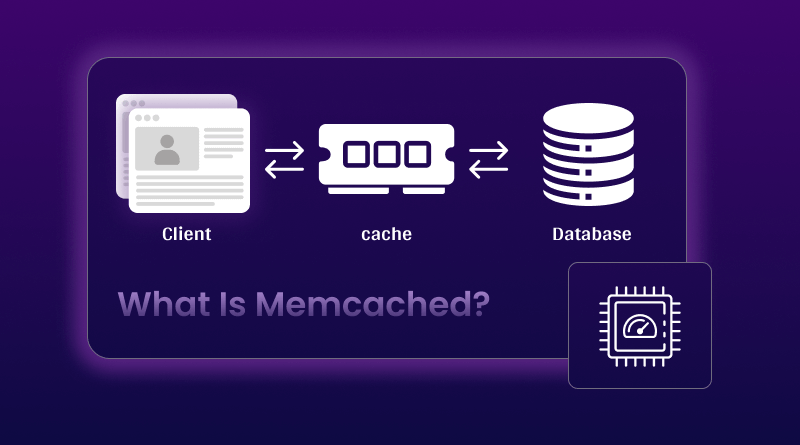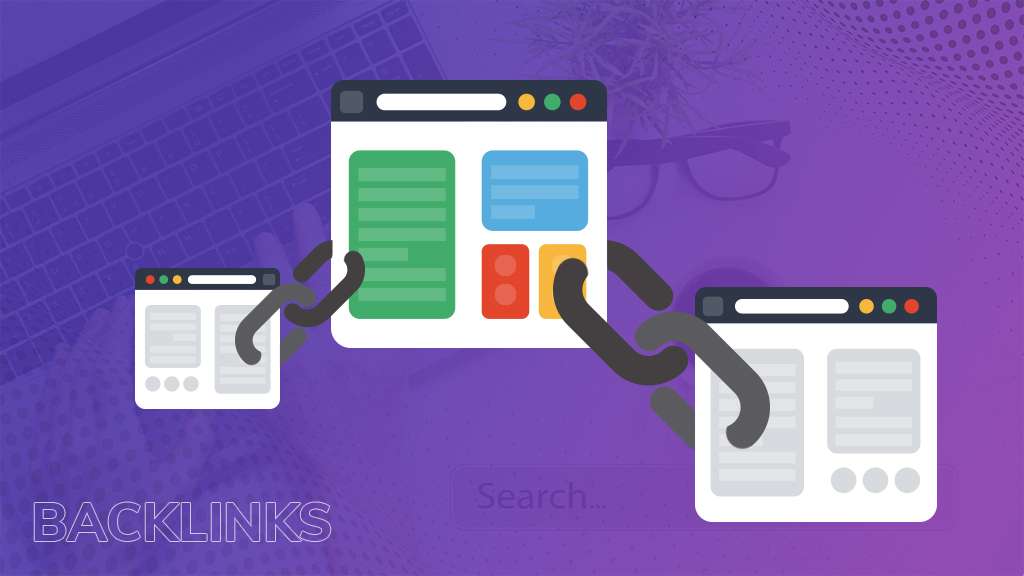
In this modern era, websites hold more than just a presence on the internet. They contain valuable information and sensitive data, making them crucial for businesses. However, lurking in the shadows are cyber threats, ready to exploit weaknesses and cause chaos. But fear not, brave defenders! Just as knights protected castles in the past, a new generation of champions has emerged: website security tools.
This blog acts as your arsenal, filled with essential security tools to protect your digital fortress. We will explore the powerful guardians that defend your website from intruders, reveal the secrets to strengthening your defenses, and ensure your visitors navigate your online domain with confidence.
Most Common Website Security Threats
Websites serve as crucial tools for both businesses and individuals, but they are also susceptible to a wide range of security threats. These threats can vary from minor inconveniences to severe data breaches that result in substantial financial losses.
1. Malware
Among the most prevalent website security threats is malware, which refers to malicious software that can be surreptitiously installed on a website or a user’s computer. Malware can be employed to pilfer sensitive data, disrupt operations, or even gain unauthorized control over a website or computer system.
2. Phishing
Another common threat is phishing, a form of social engineering attack that aims to deceive users into divulging personal information like passwords or credit card details. Phishing attacks often employ deceptive emails or counterfeit websites that mimic legitimate sources such as banks or online retailers.
3. SQL Injection
SQL injection is yet another type of attack that exploits vulnerabilities in SQL databases. By leveraging SQL injection, attackers can pilfer data, manipulate existing data, or even seize control of an entire database.
4. Cross-site scripting (XSS)
It represents a distinct type of attack that enables malicious actors to inject malevolent code into a website. XSS attacks can be utilized to steal data, redirect users to malicious websites, or even gain unauthorized control over a targeted website.
5. Distributed denial-of-service (DDoS)
Such attacks involve overwhelming a website with an excessive amount of traffic, rendering it inaccessible to legitimate users. DDoS attacks can be orchestrated by a multitude of compromised computers infected with malware or by a small number of powerful systems.
Significance of Ensuring Website Security
The security of your website is crucial for a variety of reasons:
1. Safeguarding Sensitive Data
Websites often store sensitive information, such as customer data, financial records, and intellectual property. A breach in security can expose this data, leading to identity theft, financial losses, and harm to your reputation.
2. Preserving Business Continuity
An attack on your website can disrupt its operations or even bring it to a halt, resulting in downtime and loss of revenue. In today’s competitive landscape, even a short period of downtime can have a significant impact on your business.
3. Building Customer Trust
When customers visit your website, they trust you with their personal information. A security breach can undermine this trust, causing customers to leave and damaging your brand reputation.
4. Adhering to Regulations
Many industries have regulations in place that require websites to implement specific security measures to protect customer data. Failure to comply with these regulations can lead to fines and legal consequences.
Best Website Security Tools for Your Website
Let’s take a look at a compilation of top website security tools for scanning your website to detect security vulnerabilities, malware, and online threats.
1. Cloudflare
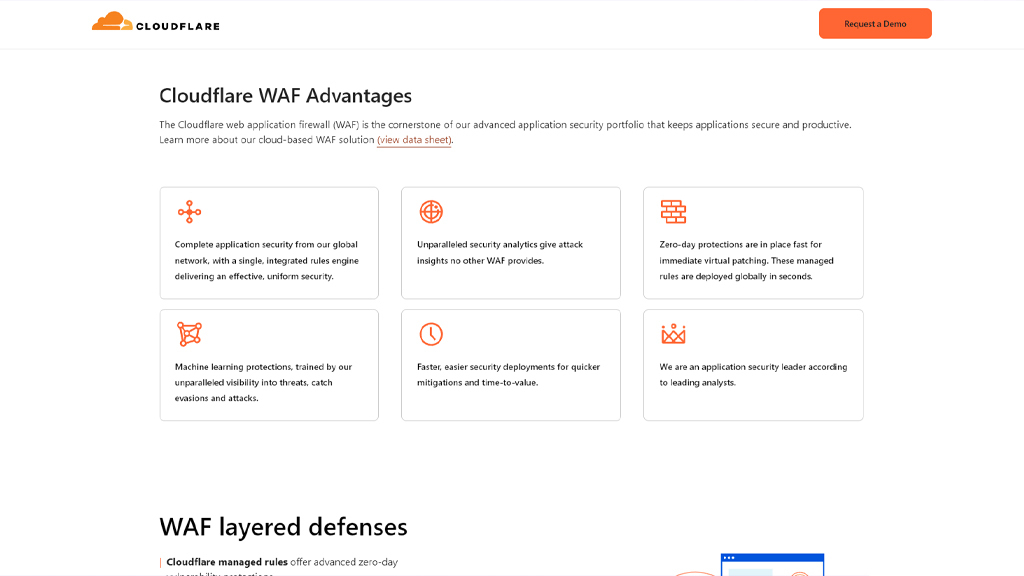
Cloudflare is a globally recognized cloud platform that offers a comprehensive suite of security and performance optimization services. Its primary role is to act as an intermediary between a website’s visitors and its servers, providing numerous advantages that enhance website security, performance, and reliability.
i. Web Application Firewall (WAF)
One of Cloudflare’s core functions is its Web Application Firewall (WAF), which shields websites from various cyberattacks such as SQL injection, cross-site scripting (XSS), and distributed denial-of-service (DDoS) attacks. By filtering incoming traffic, it identifies and blocks malicious requests before they can reach the website’s server.
ii. Content Delivery Network (CDN)
Cloudflare also operates a Content Delivery Network (CDN) that distributes website content across a vast global network of servers. This ensures faster delivery to users worldwide by caching content closer to them, thereby reducing latency and improving website loading times. Ultimately, this enhances the overall user experience.
iii. DDoS Protection
Furthermore, Cloudflare provides robust DDoS protection capabilities specifically designed to mitigate even the most sophisticated DDoS attacks. By absorbing and dispersing attack traffic, Cloudflare ensures that websites remain online and accessible, even during large-scale attacks.
iv. Malware Scanning
In addition to its security features, Cloudflare offers malware-scanning functionality. This proactive feature scans websites’ content and code, actively identifying and blocking any malicious software that could potentially infect the website. By doing so, it effectively protects visitors from harm and prevents any compromise to website security.
v. Web Scraping Protection
Lastly, Cloudflare’s web scraping protection is another valuable feature that safeguards websites from unauthorized data extraction. By preventing automated scraping tools from accessing and extracting content, Cloudflare helps protect sensitive data and prevents competitors from gaining unfair advantages.
2. Sucuri
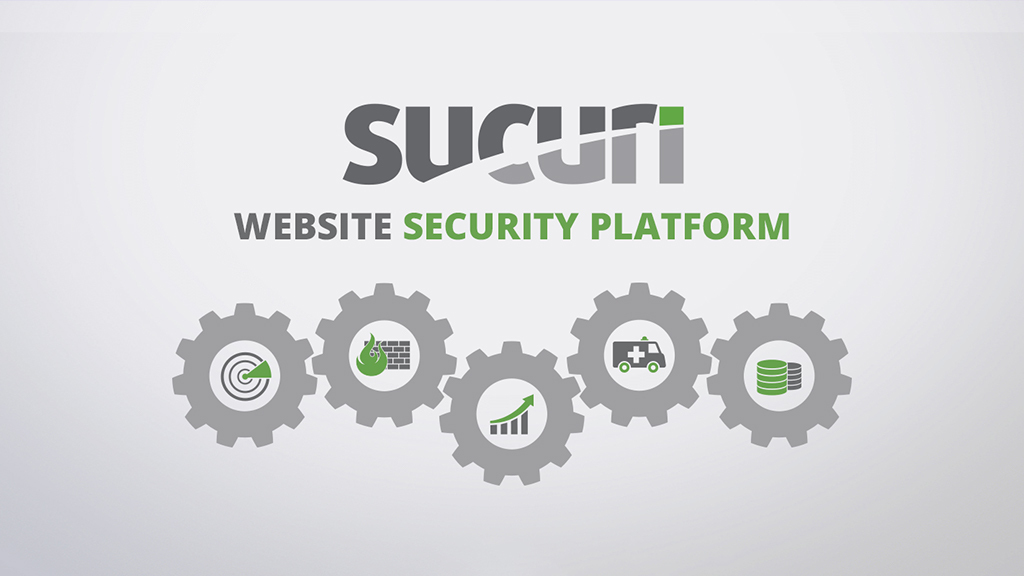
- SUCURI is widely recognized as a leading website malware and security scanner, offering a range of free services.
- With SUCURI, you can swiftly assess your website for malware, blacklisting status, injected SPAM, and defacements.
- SUCURI is compatible with various website platforms, such as WordPress, Joomla, Magento, Drupal, phpBB, and more, ensuring comprehensive protection and remediation.
3. Qualys
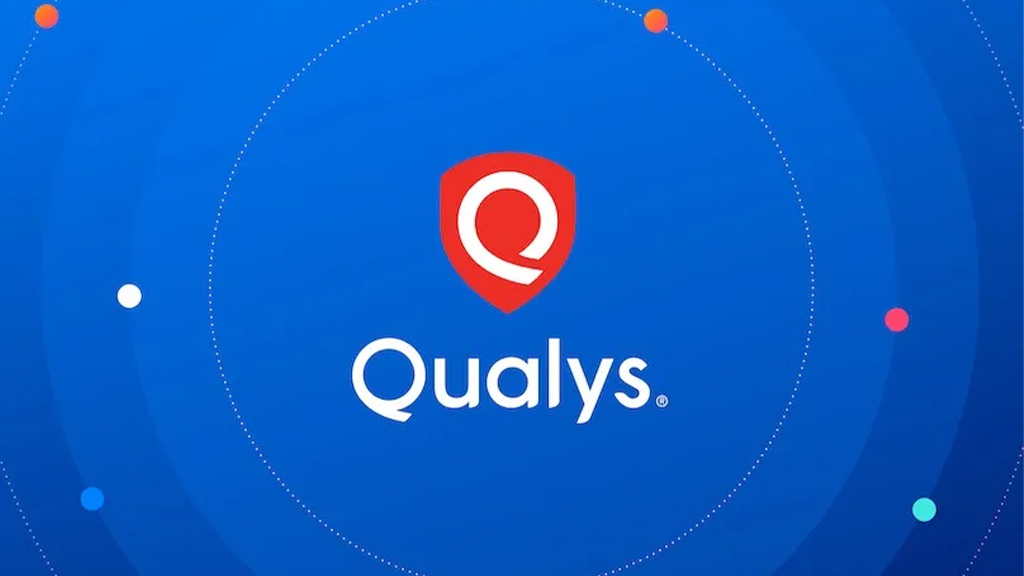
- Qualys‘ SSL Server Test is a crucial website security tool for scanning websites to identify SSL/TLS misconfigurations and vulnerabilities.
- This comprehensive analysis of your website’s https:// URL includes information on expiry day, overall rating, cipher, SSL/TLS version, handshake simulation, protocol details, BEAST, and more.
- By utilizing Qualys’ SSL Server Test, you can ensure the security and integrity of your website’s SSL/TLS configuration.
4. Intruder

Intruder is a cloud-based vulnerability scanner that is designed to detect weaknesses in the entire web application infrastructure. It is a highly reliable tool that is suitable for enterprise-level use and provides a security scanning engine that is on par with those used by the government and banks. Intruder’s security checks are comprehensive and include identifying missing patches, misconfigurations, web application issues such as SQL injection and cross-site scripting, and CMS issues. The tool is designed to save time by prioritizing results based on their context and proactively scanning systems for the latest vulnerabilities. Additionally, Intruder integrates seamlessly with major cloud providers such as AWS, GCP, and Azure, as well as with Slack and Jira.
5. Web Application Firewalls (WAFs)
Web Application Firewalls (WAFs) serve as a vital security measure for website security, acting as a protective shield. They play a crucial role in filtering and monitoring HTTP traffic between web applications and the internet, effectively safeguarding websites from various attacks such as file inclusions, SQL injections, and cross-site forgery.
By ensuring that every user passes through it before accessing the website, a WAF acts as a safeguard for the server. There are generally two types of WAFs available: blocklist WAFs, which defend against known attacks by blocking suspicious users, and allowlist WAFs, which only grant access to pre-approved users. Many websites opt for a hybrid approach, incorporating both types of WAFs for enhanced security.
When it comes to the best free WAFs for 2023, there are a few notable options to consider:
i. ModSecurity
ii. Cloudflare WAF
iii. Comodo WAF

These WAFs have proven to be reliable and effective in protecting websites from potential threats.

6. Quttera
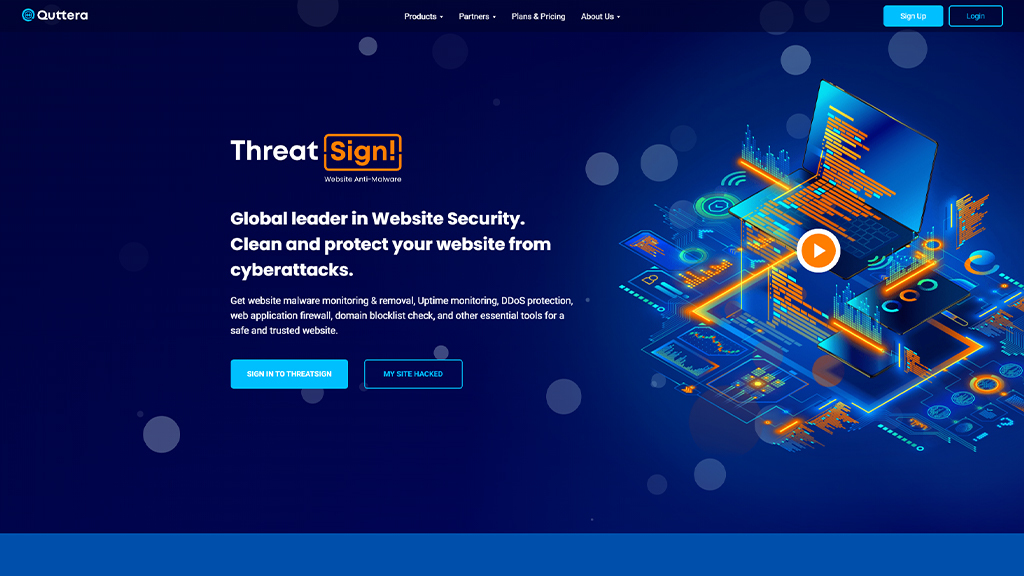
Quttera‘s website scan is designed to provide a comprehensive assessment of your website security posture. It checks the presence of any malicious files, as well as vulnerabilities and potential exploits that could be exploited by attackers. By cross-referencing with trusted sources such as PhishTank, Safe Browsing, and the Malware domain list, Quttera ensures that your site is protected against a wide range of threats.
7. Detectify
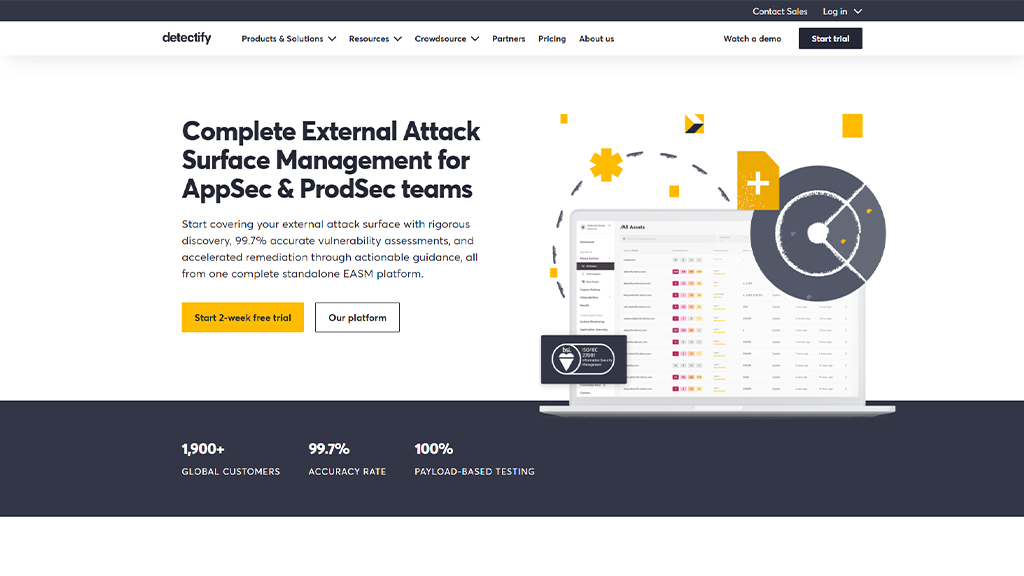
- The Detectify domain and web application security service are backed by a team of ethical hackers, ensuring complete support.
- It provides automated security and asset monitoring, effectively detecting over 1500 vulnerabilities.
- The vulnerability scanning capability of Detectify covers a wide range of areas, including OWASP Top 10, CORS, Amazon S3 Bucket, and DNS misconfigurations.
- This comprehensive approach ensures that potential weaknesses are identified and addressed.
- In addition to vulnerability scanning, Detectify’s Asset Monitoring service continuously monitors subdomains for any signs of hostile takeovers.
- If any anomalies are detected, immediate alerts are sent out, allowing for prompt action to be taken.
- When it comes to pricing, Detectify offers three different plans: Starter, Professional, and Enterprise. Regardless of the plan chosen, all users are entitled to a 14-day free trial, which can be accessed without the need for a credit card.
- This allows potential customers to experience the service firsthand and make an informed decision based on their needs and requirements.
8. SiteGuarding
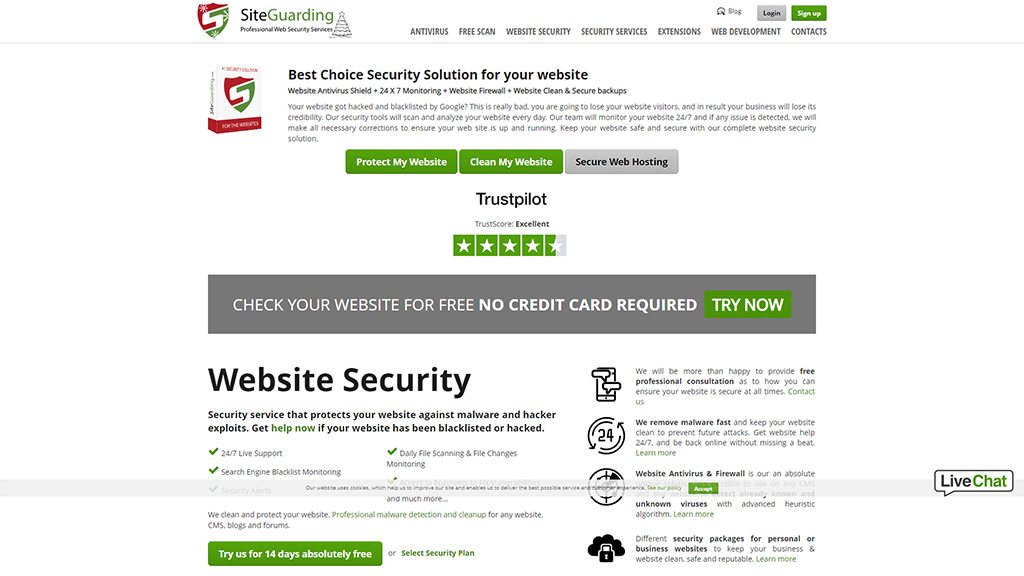
SiteGuarding offers a comprehensive scanning service for your domain, detecting malware, website blacklisting, injected spam, defacement, and more. The scanner is compatible with various platforms including WordPress, Joomla, Drupal, Magento, osCommerce, Bulletin, and others. In addition to scanning your website for malware, SiteGuarding also aids in its removal, rendering it an invaluable tool in the event of an infection on your site.
9. HostedScan Security
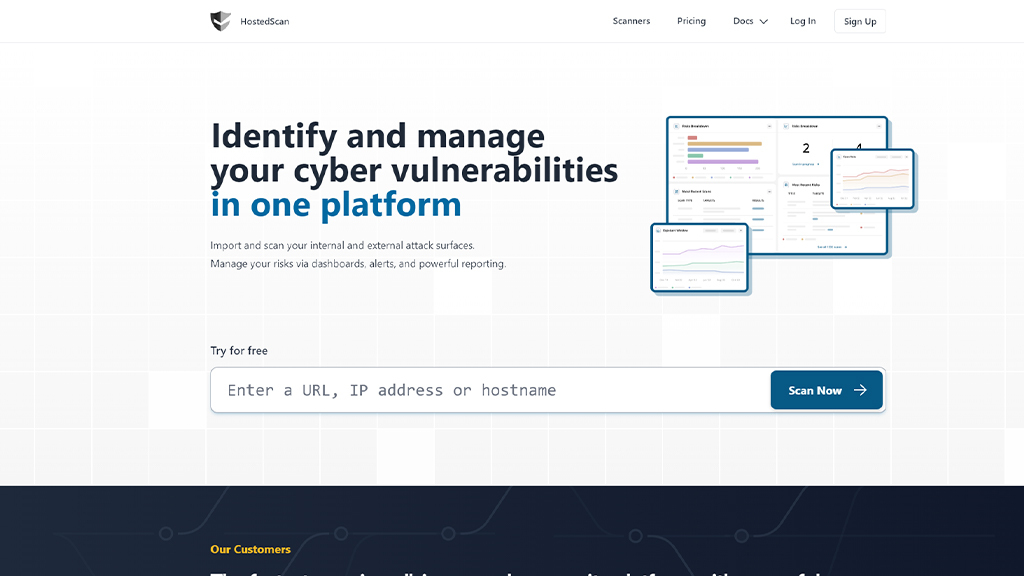
- HostedScan Security is an innovative online platform that streamlines the process of vulnerability scanning for businesses of all sizes. By utilizing a range of cutting-edge scanners, HostedScan Security can thoroughly assess networks, servers, and websites for potential security risks.
- This comprehensive suite of scanners empowers businesses to proactively manage their risks through intuitive dashboards, detailed reporting, and real-time alerts.
- One of the key scanners offered by HostedScan Security is the network vulnerability scanner.
- This powerful website security tool is designed to identify common vulnerabilities and exposures (CVEs) as well as outdated and vulnerable software.
- By pinpointing these weaknesses, businesses can take immediate action to strengthen their network security and protect sensitive data.
- In addition to the network vulnerability scanner, HostedScan Security also provides a web application scanner.
- This scanner is specifically designed to detect potential threats such as SQL injection, vulnerable javascript libraries, and cross-site scripting.
- By thoroughly examining web applications, businesses can ensure that their online platforms are secure and protected against malicious attacks.
- Furthermore, HostedScan Security offers a full TCP and UDP port scanner.
- This scanner is instrumental in identifying any firewall or network misconfigurations that may leave a business vulnerable to unauthorized access.
- By detecting these misconfigurations, businesses can promptly rectify them and fortify their network defenses.
- To facilitate easy access to its services, HostedScan Security offers a free tier that allows users to conduct up to 10 scans per month.
- This enables businesses to quickly get started with vulnerability scanning and take the necessary steps to secure their operations.
- With HostedScan Security, businesses can confidently safeguard their digital assets and mitigate potential security risks.
10. UpGuard Web Scan
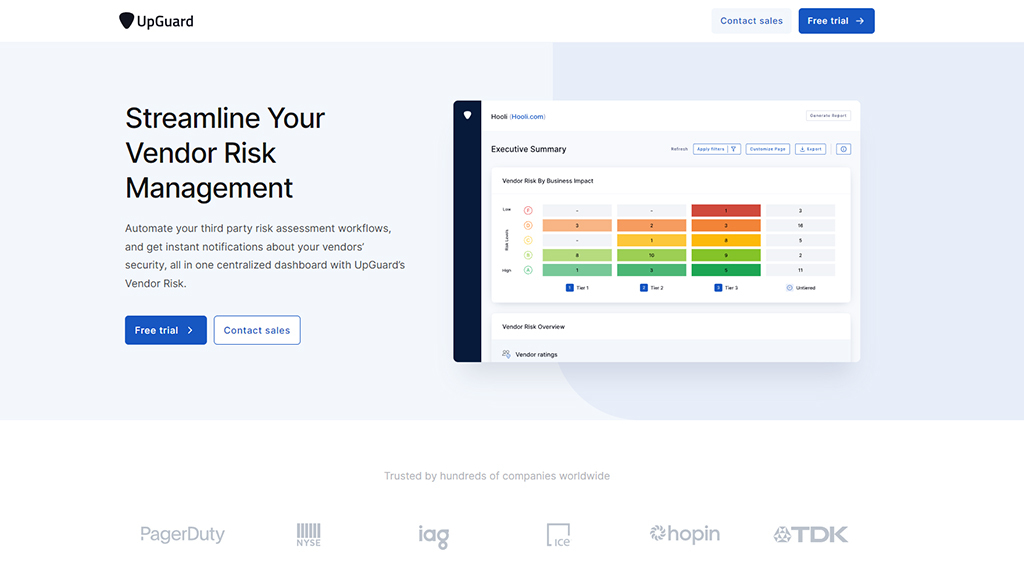
- The UpGuard Web Scan is a valuable tool for evaluating external risks by utilizing publicly accessible data to assign a grade.
- The assessment results obtained from the UpGuard Web Scan are classified into several categories, including website risks, email risks, network security, phishing, and malware, as well as brand protection.
- By utilizing the UpGuard Web Scan, users can swiftly obtain a comprehensive overview of their website’s security posture, making it an excellent resource for assessing potential vulnerabilities.
11. Attaxion

- Attaxion is a comprehensive website security platform for managing external attack surfaces. It is designed to identify and document public-facing assets such as domains, IPs, SSL certificates, and open ports, and to evaluate their security status in detail.
- The platform is equipped with a user-friendly interface and continuous scanning capabilities, which enable users to prioritize and address website issues, vulnerabilities, and misconfigurations effectively.
- The platform offers a range of features to support asset-to-asset mapping, discovery, and dependency graphs.
- It also provides contextual asset information, including IP geolocation, first and last seen dates, and detailed vulnerability insights such as vulnerability type, severity, CVE, and CWE categorization.
- With this information, users can gain a comprehensive understanding of their external attack surface and take appropriate remedial action.
- Attaxion provides the best possible service to its users. As part of this commitment, the platform offers a custom demo to security specialists and teams.
- This demo provides an opportunity to explore the platform’s capabilities in detail and to assess its suitability for specific security needs.
- With its advanced features and user-friendly interface, Attaxion is an essential website security tool for managing external attack surfaces and ensuring the security of public-facing assets.
12. Observatory
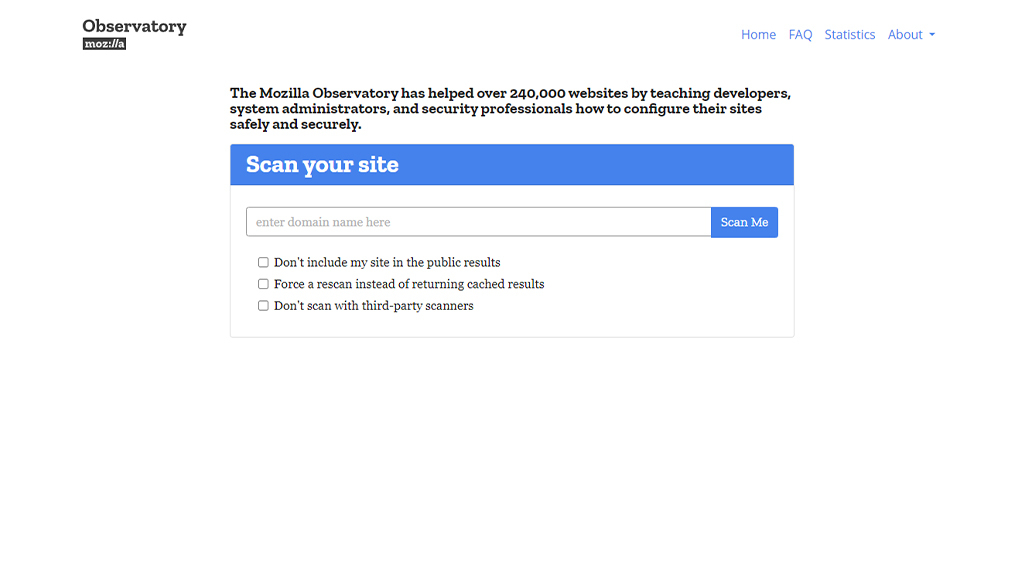
In a recent development, Mozilla has launched an observatory that serves as a valuable resource for site owners to assess the security aspects of their websites. This state-of-the-art tool goes beyond mere validation against OWASP header security and TLS best practices by conducting extensive third-party tests from industry-leading entities such as SSL Labs, High-Tech Bridge, Security Headers, and HSTS Preload. By utilizing this observatory, website owners can gain a comprehensive understanding of their security landscape and take proactive steps to bolster their website’s protection.
Conclusion
Ensuring the presence of appropriate website security tools is crucial for safeguarding your online platform. This blog post highlights a selection of top-notch tools that can effectively shield your website against various potential threats, making them an invaluable asset for protection. Apart from relying on reliable security tools, adhering to fundamental security practices is equally significant.



